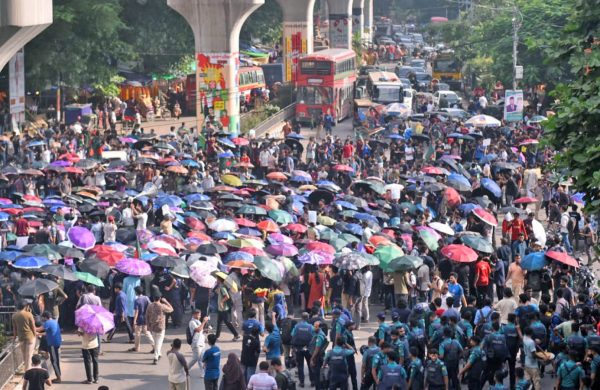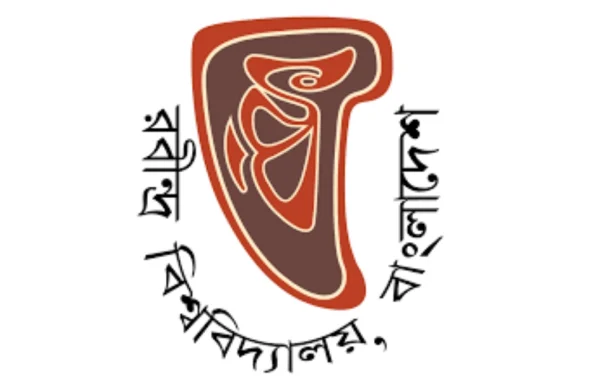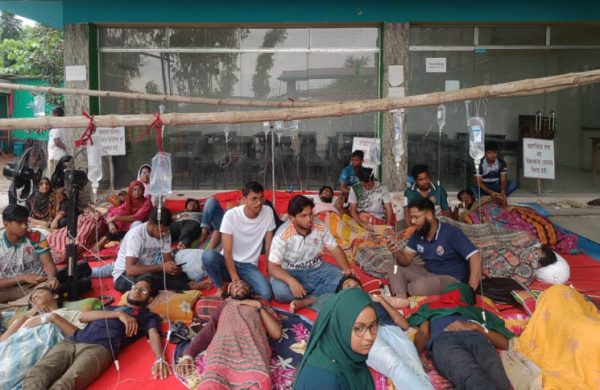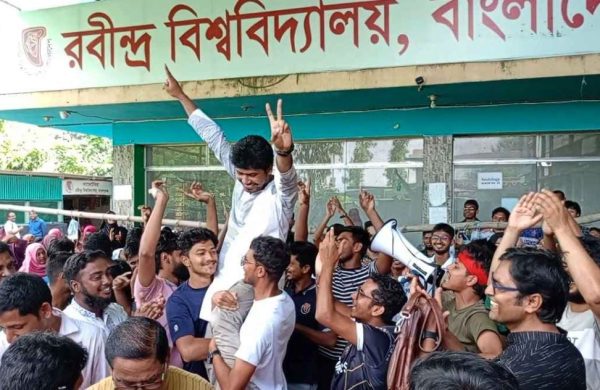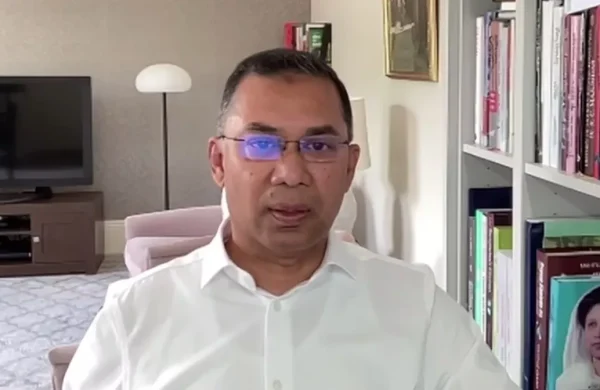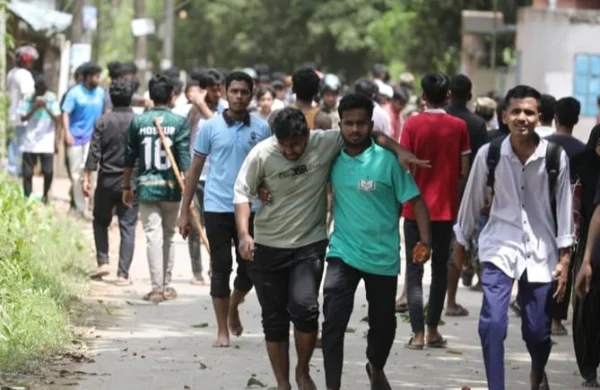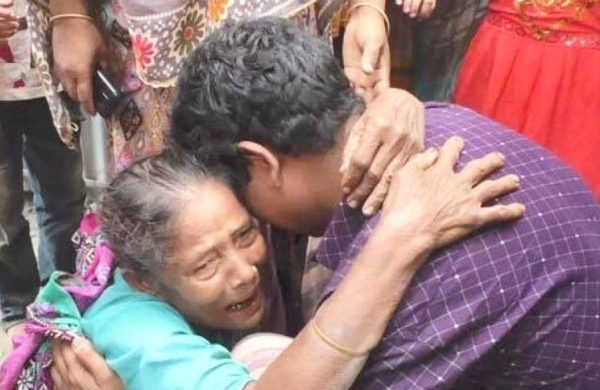Dropouts up in primary schools
- Update Time : Sunday, August 31, 2025
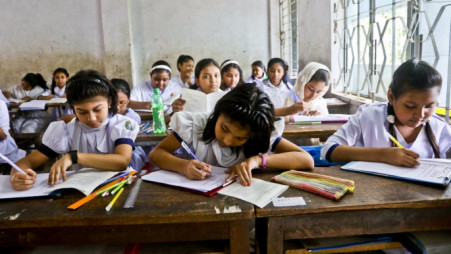
TDS Desk:
In a setback for the country’s primary education system, the school dropout rate saw a sudden rise last year after a steady decline over 14 years, according to a government report.
The dropout rate increased to 16.25 percent in 2024 from 13.15 percent in 2023, shows the Annual Primary School Statistics (APSS) 2024, released by the Directorate of Primary Education (DPE) late last month.
The report attributed the sudden rise in dropouts to multiple factors, including inflation-induced financial strain and early entry into the labour market — all of which push families to prioritise immediate survival over continued schooling.
Boys made up a larger proportion of school dropouts than girls, with their rate surging to 19.02 percent in 2024, up from 14.12 percent in 2023. The rate for girls rose slightly to 13.36 percent from 12.32 percent, it said.
More than 1.6 crore children are studying at 118,607 primary schools across the country.
The report observed that dropout rates jump as students move into upper grades, indicating that they face growing challenges while progressing through the primary education cycle.
The grade-wise breakdown shows that students typically begin with high enrolment and low attrition in class-I. But the system begins to falter from class-2, with dropout rates rising steadily and peaking at 7.6 percent in class-4.
“These are the areas where interventions are needed,” the report pointed out.
Bangladesh has made notable progress in reducing primary school dropouts since 2010, when nearly four in 10 students failed to complete the education cycle.
Various government measures such as distribution of free textbooks, expansion of stipend coverage and mid-day meals resulted in a sharp decrease in dropout rate over the years.
An analysis of the trend shows that by 2020, the rate fell to 17.02 percent from 39.8 percent in 2010. It further came down to 13.15 percent in 2023, marking significant improvement.
REASONS BEHIND SUDDEN RISE
Inflationary pressure and a rise in living costs in 2024 might have eroded the real value of student stipends, prompting many families to prioritise survival over schooling, said the report.
Seasonal migration, household shocks, and climate-related hardships further intensified this pressure, particularly among disadvantaged communities, it noted.
Boys are more vulnerable to dropping out than girls, largely due to early entry into the labour market or informal apprenticeship.
Experts warn that the recent reversal in student retention risks undermining Bangladesh’s hard-won progress towards universal education and the Sustainable Development Goals.
They recommend introducing inflation-adjusted stipends and targeted interventions to prevent further dropouts.
“Though the government recently raised the stipend amount, it failed to keep pace with rising inflation that has sharply driven up the cost of living,” said Rasheda K Choudhury, a noted educationist.
Besides, prices of education materials such as exercise books, pens, and pencils have gone up, she told journalist.
“In such circumstances, families are forced to decide whether they can afford to keep their children in school. Many withdraw their daughters from school to help with household chores, while boys are often pushed into income-generating work,” she added.
Rasheda, also the executive director of the Campaign for Popular Education (CAMPE), called for raising the stipend amount and investing more to keep students in school and ensure quality education.
“The government must explore ways to invest in both retention of students and learning outcomes,” she said.
When contacted, Abu Noor Md Shamsuzzaman, director general of the DPE, said that to prevent further dropouts, the government is initiating some measures, including the revival of the school feeding programme that was suspended in 2022.
The programme will resume next month in around 23,000 primary schools across 165 poverty-stricken upazilas. Each student will receive two food items selected from a list of biscuits, eggs, milk, buns, and bananas five days per week, he said.
“We hope this will help meet the nutritional needs of children from marginalised families, increase school attendance and reduce dropout rates.”
Asked whether the stipend amount would be raised, Shamsuzzaman said they don’t have any such plan right now as it will require a huge budget.
“However, the scholarship for 82,500 students selected through the Primary Scholarship Examination is likely to be increased,” he added.



